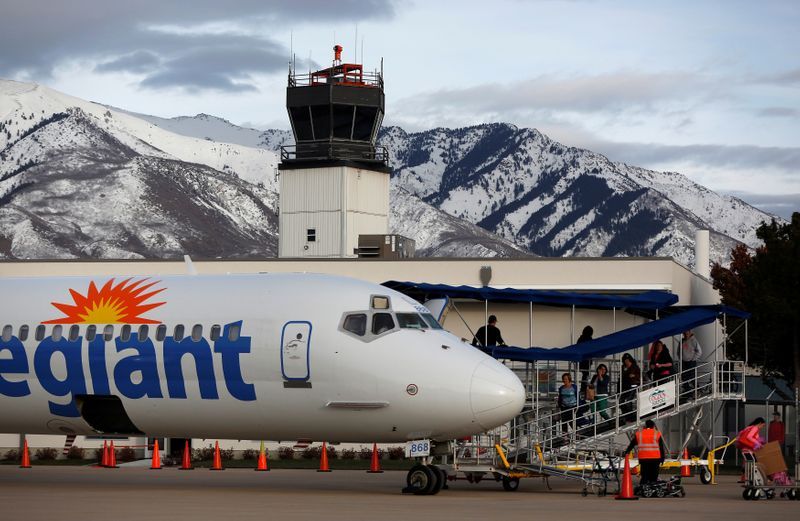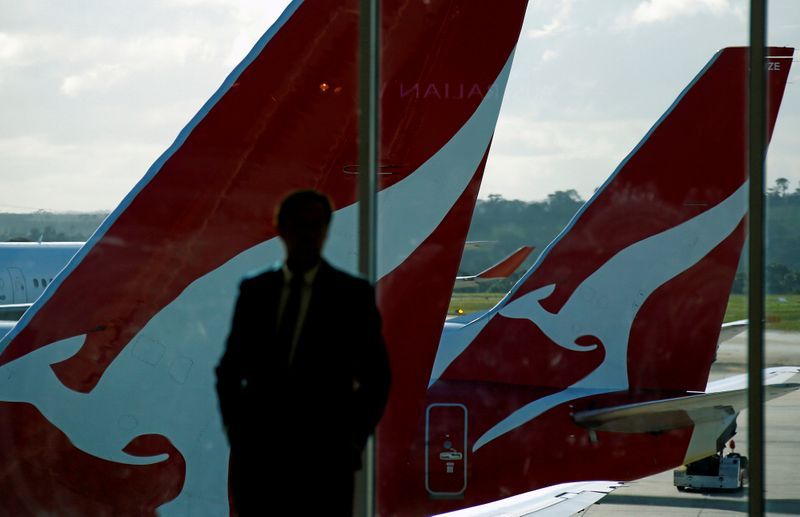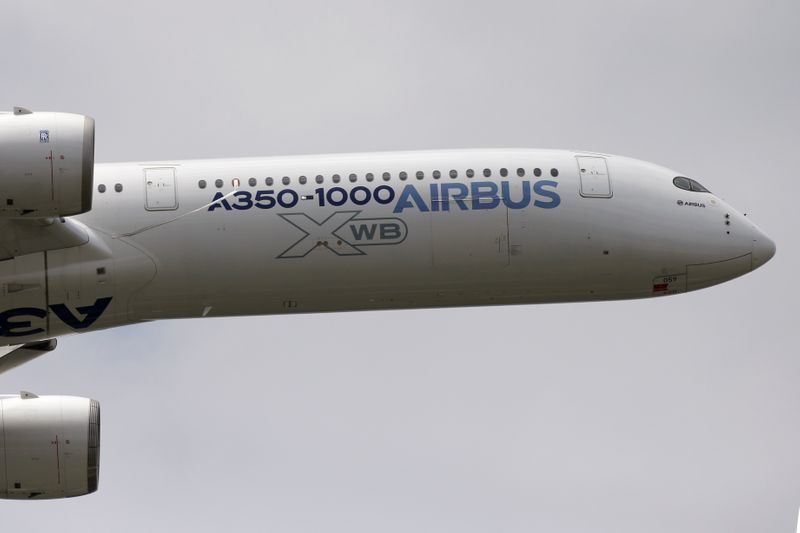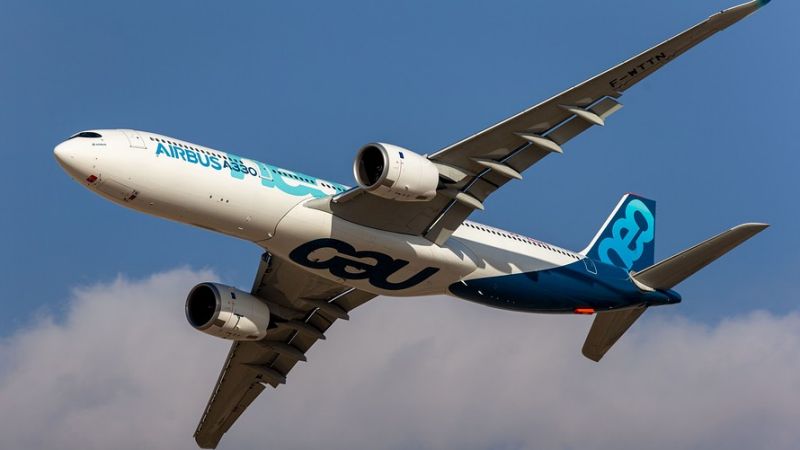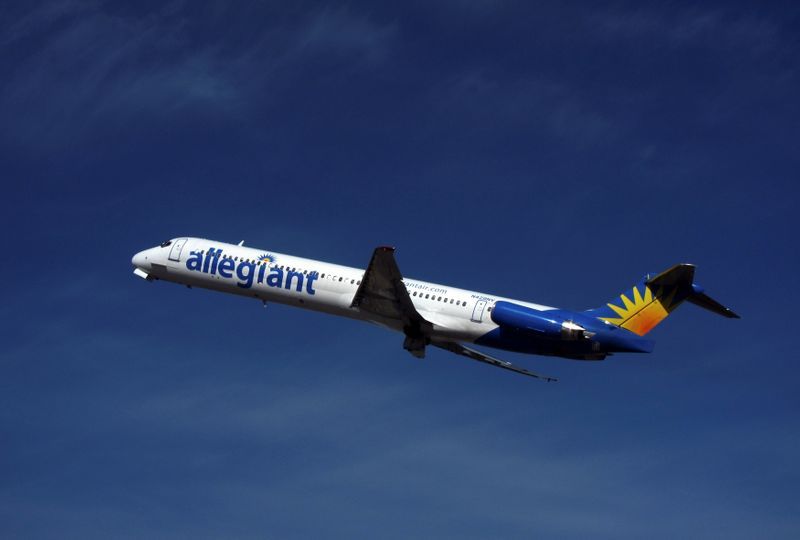
WASHINGTON (Reuters) – The U.S. Federal Aviation Administration (FAA) needs to improve its oversight to address maintenance issues at Allegiant Air, the 11th largest U.S. carrier, according to a report seen by Reuters on Tuesday.
The U.S. Transportation Department’s Inspector General, in a 31-page report sent to Capitol Hill on Tuesday but not yet made public, said FAA inspectors since 2011 have not “consistently documented risks associated with 36 Allegiant Air in-flight engine shutdowns for its MD-80 fleet or correctly assessed the root cause of maintenance issues.”
Ultra-low cost Allegiant, a unit of Allegiant Travel Co, said it had not yet see the report and did not have an immediate comment.
The FAA said in a letter attached to the report that it agreed with eight of the nine recommendations made by the inspector general and partially agreed with the remaining one.
Allegiant carried about 14 million passengers last year, serving 122 U.S. cities and Puerto Rico on 450 flight routes.
The inspector general opened the probe in May 2018 after a “series of in-flight engine shutdowns, aborted takeoffs, and unscheduled landings” raised concerns about maintenance practices.
The report said in-flight shutdowns at Allegiant “continued until July 2018 and were only resolved four months later when Allegiant Air retired the last of its MD-80 fleet.” Allegiant now flies an all Airbus fleet.
The report found in-flight engine shutdowns forced 21 Allegiant aircraft to return or divert to other airports between 2014 and 2018, but that regulators did not properly track engine shutdown risks.
A 2015 maintenance provider failure at Allegiant Air demonstrated “severe violations that represent unacceptable safety risks or could result in catastrophic outcomes should also warrant a more stringent oversight approach,” the report said.
The inspector general said the airline’s maintenance provider failed to insert a cotter pin on a critical flight control component that put some 30,000 passengers at risk.
The report said in August 2015, a pilot “almost lost control of this aircraft during takeoff when it unexpectedly tried to lift off prematurely” but was able to abort takeoff and land safely.
After inspectors proposed a 30-day suspension for Allegiant Air’s maintenance provider, FAA regional officials reduced the suspension to a compliance action. FAA inspectors closed out six of eight compliance actions before ensuring Allegiant Air actually took any corrective actions, the report found.
It also found that FAA does not provide inspectors with guidance and comprehensive training to ensure Allegiant Air takes appropriate corrective actions.
The FAA said it had “initiated compliance actions at Allegiant Air that have improved safety for the flying public.”
(Reporting by David Shepardson; Editing by Richard Chang and Bill Berkrot)
